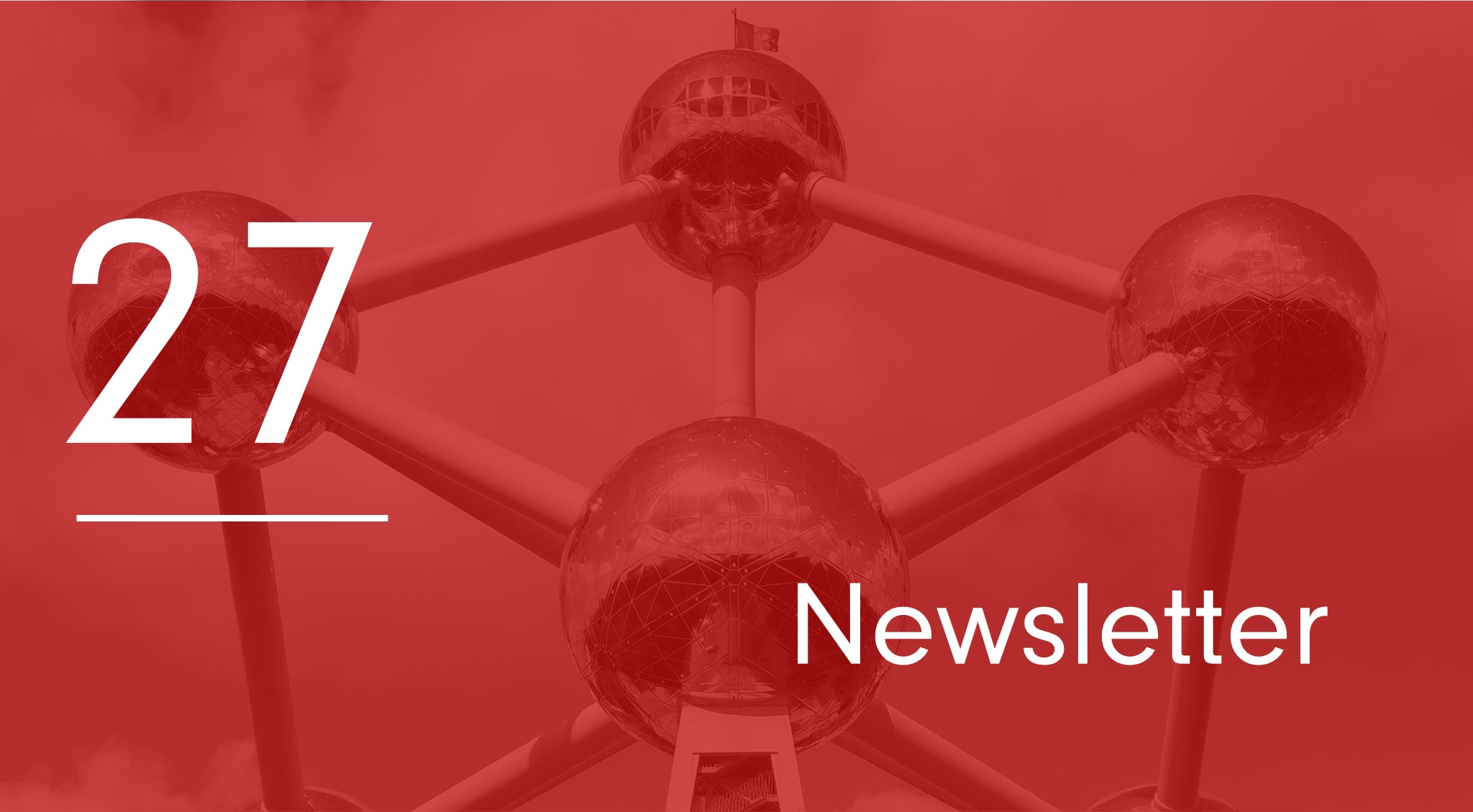EFB reflects on the latter months of 2023. Below, you will find an overview of the work we have been doing.
Now that we are in the lead-up to the EU elections, which will take place between the 6th-9th June 2024, EFB has been working on ensuring that the points presented in our manifesto are communicated clearly to policymakers and to our chapters. More information on this point can be found below.
EFB’s Past Events
Directors’ Retreat
Every year EFB arranges a gathering for the managing directors of its member chapters. This year, EFB held its Directors’ Retreat in Bilbao, Spain.
We had the privilege of being welcomed by Mr Javier Ormazabal, President of Velatia where we began our meetings at Ormazabal Corporate Technology and visited their high-power laboratory.
This yearly meeting gave us the opportunity to discuss an abundance of topics which are impacting family businesses in Europe namely: increased administrative reporting requirements, the upcoming European elections, ownership challenges, policy updates and more.
To find out more, visit our website here.
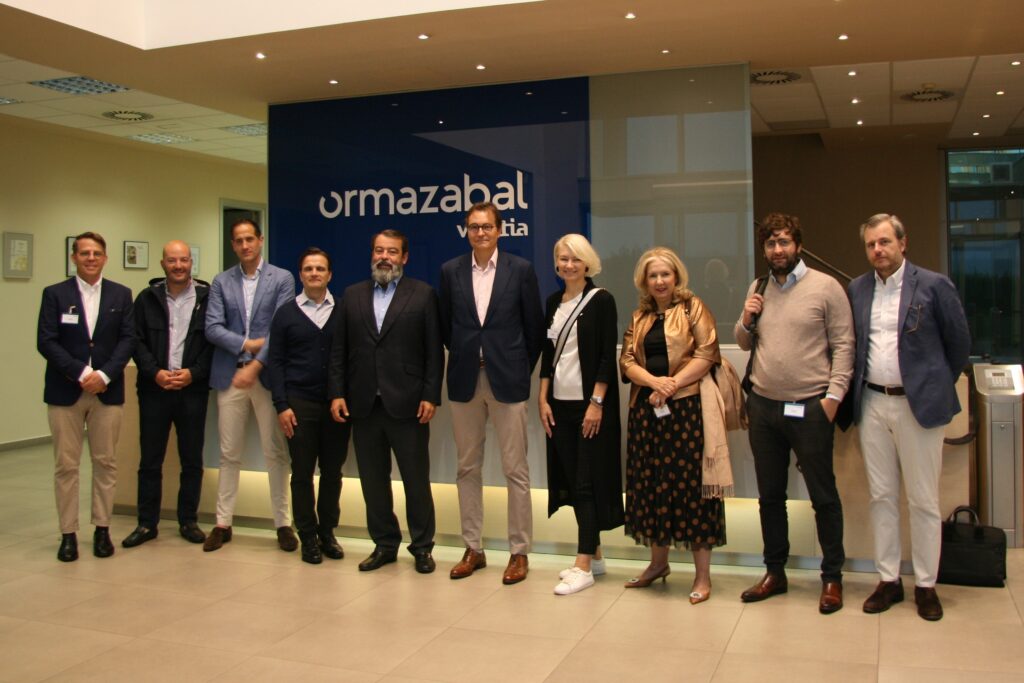
9th European Family Business Summit
EFB’s 9th Summit took place on the 5th of October 2023, online. The overarching topic was Overcoming the barriers to sustainable growth.
We were pleased to have had business owners and policy makers sharing their perspectives on the barriers to sustainable growth that businesses are experiencing in particular with regards to increased reporting obligations and achieving the twin digital and green transitions.
Mr Udo J. Vetter, President of EFB, presented EFB’s manifesto which was put forward to convey important ideas that will help to place businesses and entrepreneurship at the center in the next EU mandate. Mr Jesús Casado, Secretary General of EFB provided an in-depth analysis of the five overarching points of the manifesto.
Mr Casado, then interviewed Jan Kornelis van Oord, MerweOord BV. During this session, Mr van Oord spoke about his family business and their 155 year history.
Following the interview with Mr van Oord, there was a panel on Overcoming the Barriers to Sustainable Growth which was moderated by Mr José Fernández Álava, Director General of DirCom. Within this discussion, business owners Mr Julian von Moeller, Board Member and shareholder of Moeller Group and Mr Thomas van Waeyenberge, Owner of Wacondah Ventures BV and shareholder of De Eik NV spoke to Mr Bonifacio Garcia Porras, Head of Unit for SMEs at the European Commission about the reality faced by Small and Medium sized Enterprises (SMEs) and Mid-Caps in terms of red-tape and competitiveness issues related to the twin digital and green transitions.
The full summit summary can be found here.
Policy Related Events
EFB attended several different policy related events in the last few months of 2023. Below you will find an overarching summary of these meetings / events.
On the 14th, 25th and 26th of September, EFB held meetings with different staff, MEPs and Secretary Generals from different European political parties to discuss EFB’s manifesto and its overarching points.
Between the 27th and 29th September, Mr Jesús Casado attended the General Assembly of Les Henokiens, in Geneva where he gave a presentation on The Need for Strong and Sustainable Family Businesses for the EU’s Success. Here Mr Casado gave an overview of the EFB’s priorities for the next mandate.
He also explained the European Commission’s SME Relief Package which included several points EFB had been lobbying for throughout the year. Specifically: mid-caps, transfer of business and access to skilled labour.
On the 29th of September, we were invited to attend a meeting with the Finnish Business Transfer Delegation to discuss with relevant stakeholders the state of play of business transfers in Europe.
On the 24th of October, EFB attended a stakeholder contribution event hosted by a member of the European Committee of the Regions, where different elements of the SME Relief Package and the Business in Europe Framework for Income Taxation (BEFIT) package were discussed.
From the 13th to the 15th of November 2023, EFB had the opportunity to attend the SME Assembly in Bilbao, Spain.
From the interesting Schumpeter Lecture on Innovation in Enterprise given by Professor Saras D. Sarasvathy, University of Virginia, Darden School of Business to presenting an award at the European Enterprise Promotion Awards, to recommending a panelist for the session on The (alternative) paths to growth, EFB participated in different parts of the SME Assembly programme. Moreover, we also attended a wide variety of panels and discussions on the single market, competitiveness, entrepreneurship, sustainability and more.
To read the full SME Assembly news update visit our website here.
EFB representatives also attended SME Intergroup meetings and SME Envoy meetings. The SME Intergroup discussions are held at the European Parliament in Brussels, while the SME Envoy network meetings are held by the European Commission. Each meeting includes a discussion of a wide array of policy related topics. EFB, is an observer in the SME Envoy network but offers insights into what family businesses need in order to remain competitive. Furthermore, we have contributed to the small mid-cap definition and have worked on bringing the mid-cap category to the attention of the EU institutions partly through the SME Envoy meetings.
Mr Jesús Casado also attended the Instituto de la Empresa Familiar’s Annual Summit in Bilbao, which took place between the 22nd -24th October, the FBN Global Summit in Paris which took place between the 8th-10th November and For Talents’ seminar, which took place Paris on the 23rd -24th November.
EFB publications
EFB Manifesto 2024
With the 2024 European elections fast approaching, EFB took some time to reflect, discuss and write down a wide array of proposals for its Manifesto. It is crucial that the next mandate focuses on businesses and on making business easier in Europe. Thus, we have put forward the following 5 overarching topics to be considered for the next mandate:
1- Reducing Administrative Burden
2- Accessing Skilled Labour
3- Access to Finance
4- Championing Free Trade
5- Facilitating Business Transfers
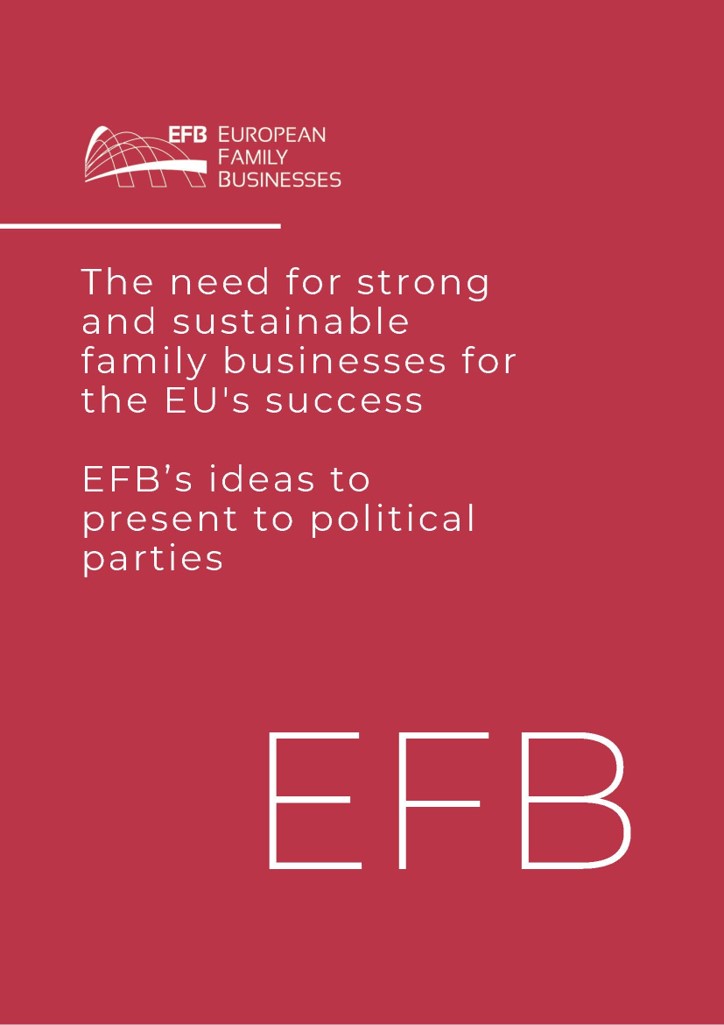
Within each of the aforementioned topics, we have put together multiple suggestions as to how to improve the current state of play so that businesses do not have to jump through unnecessary complex hoops to operate within the EU. The need for strong and sustainable family businesses for the EU’s success is vital for the long-term competitiveness agenda of the EU and thus, from now until the elections, EFB will continue to raise the points in the manifesto.
For the full manifesto visit our website here.
Administrative burden and rationalisation of reporting requirements
As part of the administrative burden rationalisation of reporting requirements initiative by the European Commission, EFB has submitted feedback to this initiative.
If you would like to access our contribution to the consultation visit the policy section of the EFB website.
Upcoming Events
Next Generation Event 2024 – The EU from the Inside: What NextGens Need to Know
With the success of our first Next Generation event from April 2023, we have now launched the second edition of the event which is taking place in Brussels between the 4th-5th March 2024.
This two day event is filled with different activities giving Next Gens an opportunity to listen to and engage in interesting discussions, networking and sightseeing.
Keep an eye on our social media, your emails and the EFB website for more updates.
For more information on how to register please contact Ms Alba Montoto at: amontoto@europeanfamilybusinesses.eu
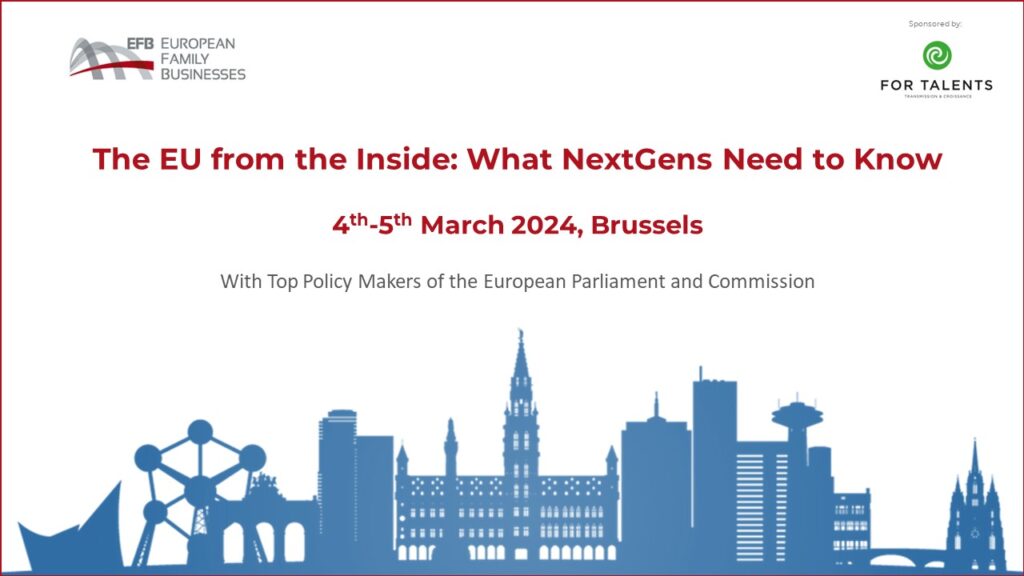
EFB 10th Summit – Save the date!
EFB is pleased to announce that the 10th European Family Business Summit will be taking place on 3rd, 4th and 5th of October 2024. EFB will be holding its 10th yearly summit in Rome, Italy on the theme of The Power of People. The summit will take place in conjunction with our Italian chapter, AIDAF’s, national summit.
We will see you in person in Rome, Italy!
Keep an eye on our social media and the EFB website for more updates.
Twitter: @EuropeanFBs
LinkedIn: europeanfamilybusinesses
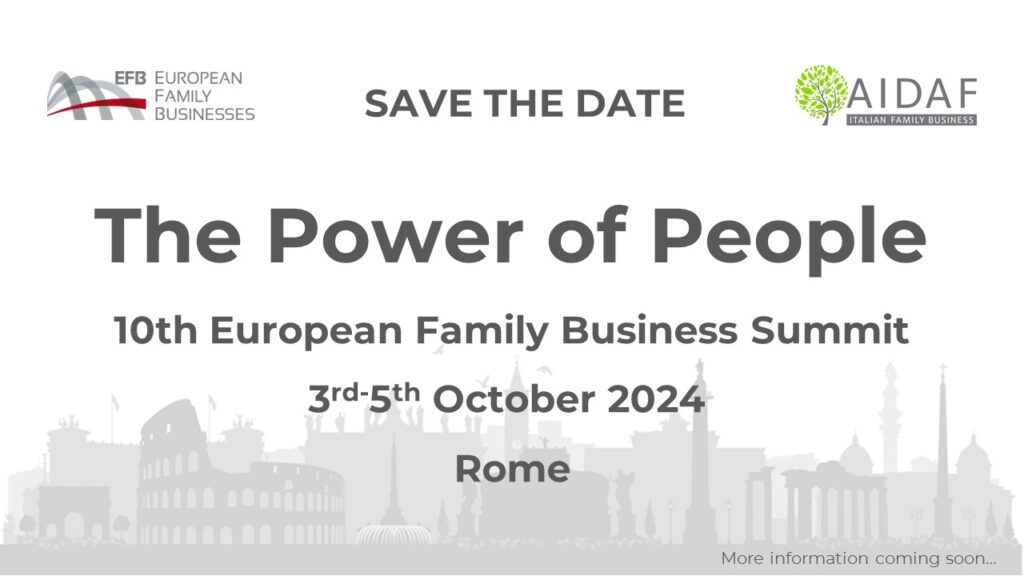
Sponsors
For Talents has released a new article on passing the torch. Read the full article below.
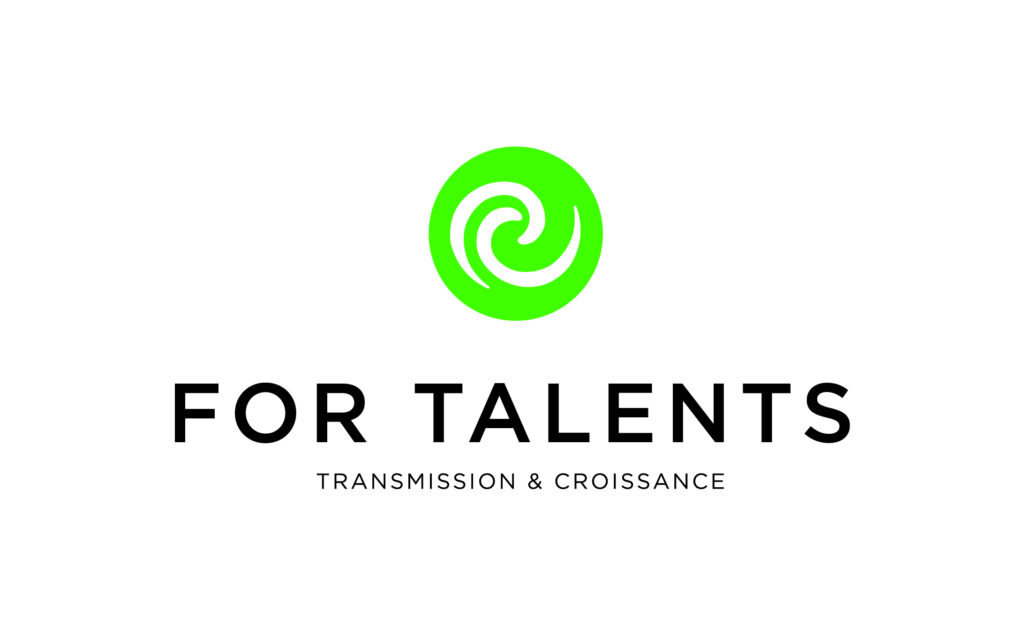
The art of passing on the torch: success lies in the interaction between the transmitter and the receiver
In its mission to increase the success of passing on the torch, For Talents highlights in its book l’Art de transmettre le Flambeau (the result of research carried out jointly with Transmission Lab) the different configurations of interaction adopted by family managers in the phase of passing on power in the family business (transmitter and receiver).
The analysis focuses on the interaction between these inter-generational “couples” and highlights some “good practices” in this area. The successful transfer of a family business between two generations, which creates value and preserves the family unit, is the result of a combination of different timeframes: that of the transmitter, that of the receiver and that of the business.
4 configurations of interactions between the transmitter and the receiver:
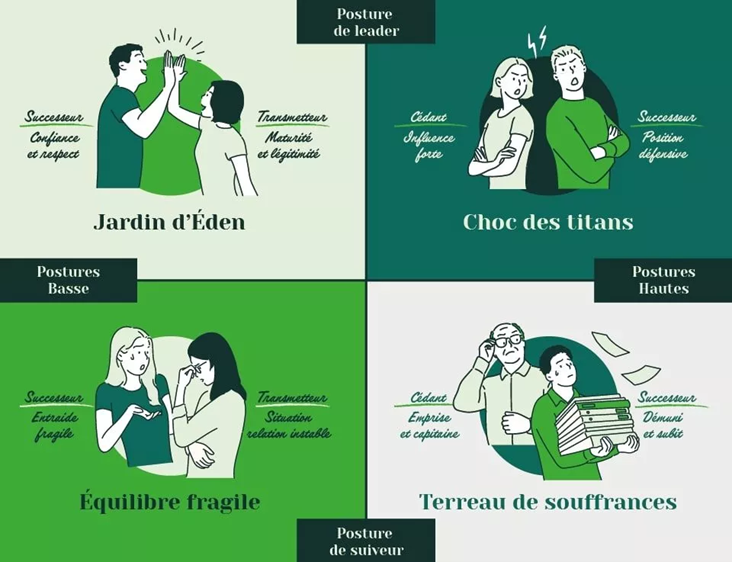

The Garden of Eden
Successful transmission is based on a positive attitude and choice. The transmitter of the baton puts himself in the right position vis-à-vis the receiver taking over, and vice versa. Their relationship is based on mutual respect and trust. The transmitter has the will to transmit and has anticipated and prepared for this key stage for the business. The motivated receiver does not take up the torch out of obligation, but out of a desire to continue the development of the family business by implementing his or her own project while building on its values. The company remains at the heart of this transfer, which ensures its growth and durability, and that family cohesion is preserved.

The Fragile Balance
Sometimes the transmitter struggles (often unconsciously) to let go, while the receiver tries to assert himself and take his place. The balance between them is then fragile. When this happens, we sometimes speak of a period of “co-direction”, like when learning to drive, before the new driver takes full control. This can only be a transitional period between them, because the management of the company needs clarity. However, reality shows that turbulence can occur, making this period complex, sometimes precarious and difficult to live with.

Clash of the Titans
The situation can sometimes resemble a “Clash of the Titans”, where the transmitter retains his influence, despite an apparent withdrawal (he may no longer have an office, titles or role). This resistance takes the form of direct or indirect intervention in the business, making it difficult for the successor to take over. The receiver must then manoeuvre with determination, establishing his own strategy for the company’s growth while putting in place safeguards against his predecessor’s interference. This situation is a source of conflict, putting both the business and the family unit at risk.

The breeding ground for suffering
There are also situations where the outgoing manager, seeks to retain his influence, with a transmitter who does not have a high degree of confidence. This is a handover without any real transfer of power, and it leads to frustration and misunderstandings, particularly within the company and its stakeholders. This situation has a negative impact on the company’s performance, and can lead to suffering and tension.
To sum up, the best way to promote good interaction is to ensure that the power of the family business is passed on from one generation to the next:
- A COMMITMENT FROM THE TRANSFEROR: giving his successor freedom of choice as to how to run the business. Their relationship must be based on mutual respect, and take into account the emotional and affective aspects that can have an impact on the handover process between them. The transmitter can put himself at the service of his successor, who will be sure to leave him a role (even a symbolic one) during a transition period that needs to be determined.
- EXPRESSING TRUST: When trust is lacking, a form of control or mistrust tends to take over. This situation can quickly lead to difficulties in the relationship that can result in a break-up. It is vital that the transmitter openly expresses the confidence he has in his successor.
- DON’T UNDERESTIMATE THE EMOTIONAL LOAD: passing on the family business can be compared to an intense emotional ordeal. Preparing for the next stage will enable the transmitter to look beyond the handover into a future that he or she wants. The successor needs to be aware of this and help the transmitter, who is passing on the torch, to set up a real “after project”.
Article by: Blandine Pessin and Ana Maria Bonduelle.
For more information visit: https://fortalents.com/

